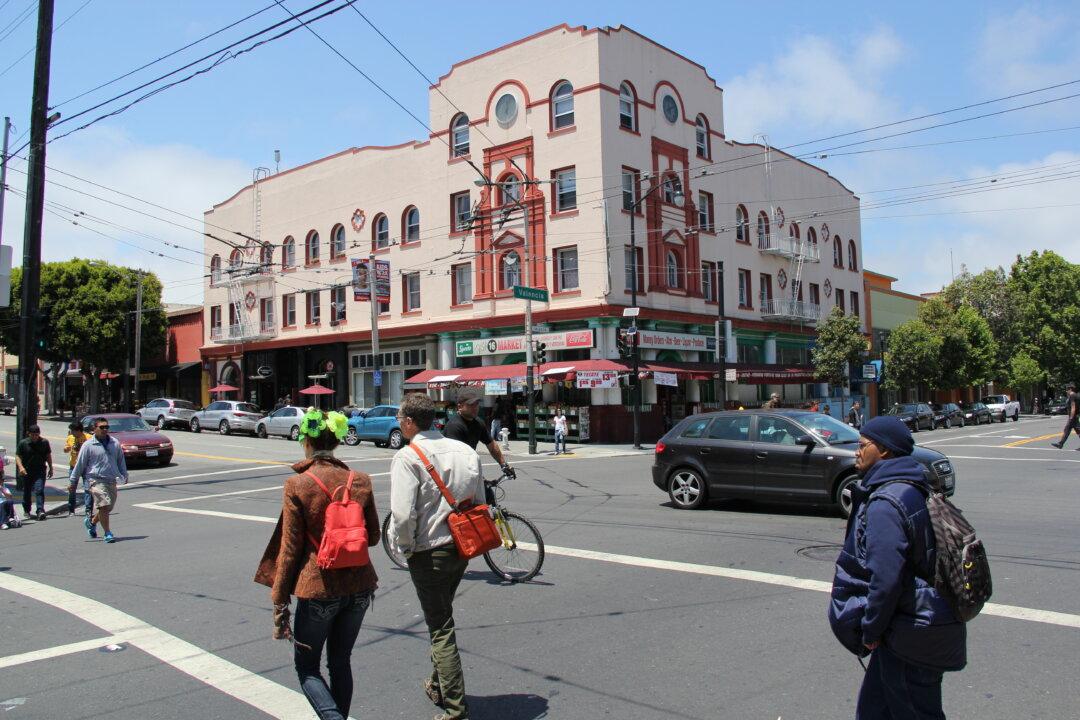San Francisco’s Board of Supervisors passed an ordinance April 23 that would crack down on illegal street vendors in residential districts.
The proposal, sponsored by Supervisor Hillary Ronen and Mayor London Breed, passed on its first reading. It must also win approval on a final-passage vote to become law.





